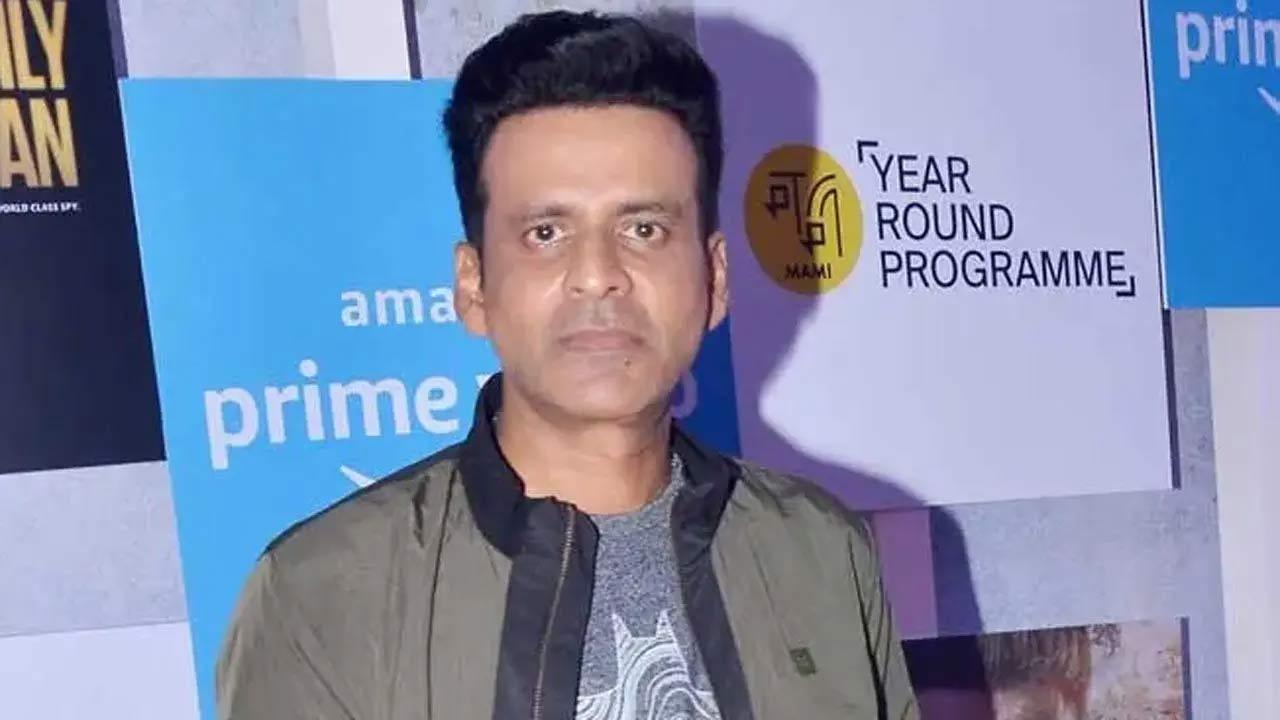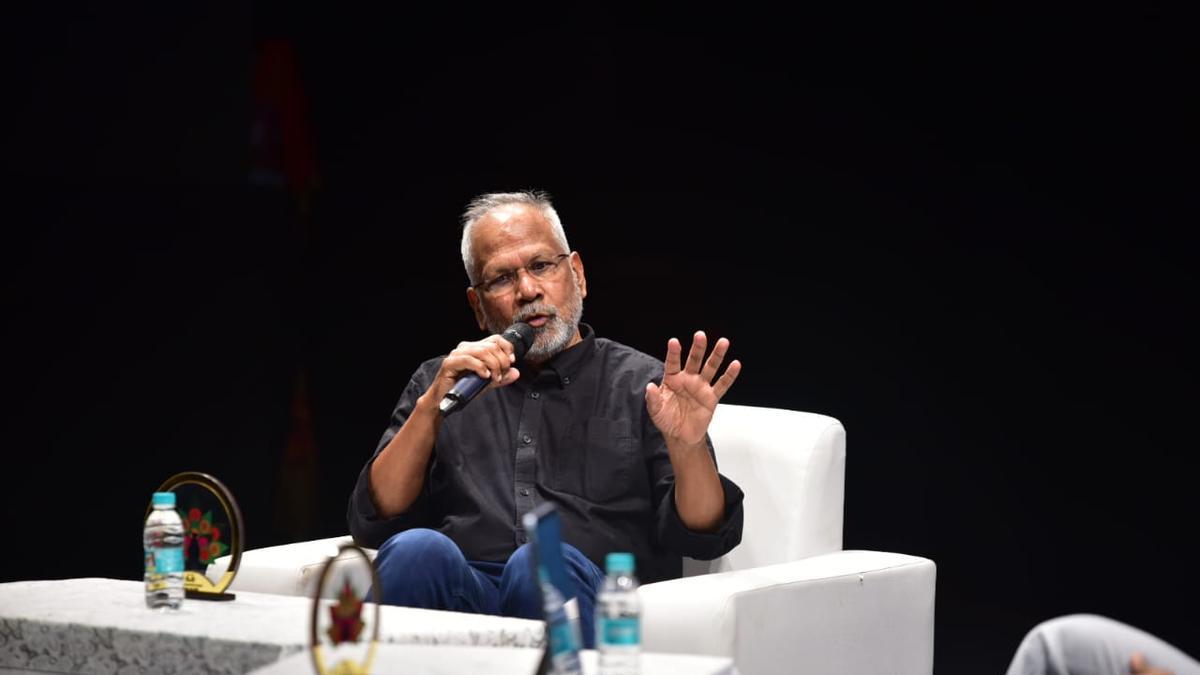
The Bloemfontein cricket ground bore witness to a tumultuous yet invigorating day of cricket this Saturday, January 20, as the Indian Under-19 team faced off against Bangladesh in a pivotal World Cup encounter. Despite a rocky start, the Indian squad displayed resilience and tactical acumen to stage a commendable comeback.
The day commenced with Bangladesh’s captain opting to take advantage of the morning conditions by bowling first—a decision that initially appeared astute as two Indian wickets fell in quick succession during the powerplay. The subsequent partnership between Adarsh Singh and Indian captain Uday Saharan, however, steered the Indian team out of troubled waters.
Adarsh Singh took command, playing an assertive role that allowed Saharan to adjust his pace and acclimatize to the pitch. Singh’s bold approach paid dividends when he notched up a well-earned half-century from 67 deliveries. Saharan, for his part, fulfilled the role of the anchor before transitioning into a more expansive mode of play alongside Singh.
As the pair’s partnership blossomed and inched close to the hundred-mark, the tension on the field began to ratchet up. Visible signs of frustration emerged among the Bangladeshi bowlers and fielders, reflecting the shifting momentum. It was within this high-pressure environment that an incident unfolded which would momentarily overshadow the cricketing narrative.
A seemingly innocuous comment from a Bangladeshi fielder towards Saharan escalated into a full-blown altercation, encompassing both the Indian captain and his counterpart, Ariful Islam. The dispute erupted in the middle of the 25th over, capturing the attention of the field as more players weighed in on the verbal clash. Umpires quickly intervened to defuse the situation, but not before it ignited a buzz that reverberated around the cricketing community. A video capturing the heated exchange promptly went viral online, stirring widespread conversation.
Once tempers cooled and play resumed, Saharan proceeded to convert his steady innings into a half-century. Nonetheless, his dismissal for 64, shortly after the departure of Singh for 76, introduced a lull in the Indian innings as the anticipated flow of boundaries stalled.
This pause in run-scoring set the stage for Priyansh Moliya and Sachin Dhas to launch a bold counteroffensive. Their enterprising knocks propelled the Indian team to a competitive total beyond the 250-run mark, a psychological threshold that would lend confidence in their quest to open their campaign account with a win.
The incident between Saharan and Islam, though brief, encapsulated the intense rivalry and high stakes inherent in the Under-19 World Cup. The emotion of the clash revealed not only the players’ fierce commitment to their nations but also the enduring passion for the game that resonates across generations.
As the aftermath of the altercation settled, both teams refocused on the primary objective of the day: cricket of the highest quality showcasing the talents of the next generation of international stars. The crowd anticipated further thrills as the match progressed, with both sides determined to tilt the scales in their favor.
Despite the fiery exchanges and competitive spirits, the sport once again reiterated its unifying influence, bringing together players and fans from diverse backgrounds in a shared love for the game. The dust-up between Saharan and Islam may have made headlines, but it was the cricketing prowess and youthful exuberance on display throughout the match that would be the enduring takeaway of this Youth World Cup fixture.










